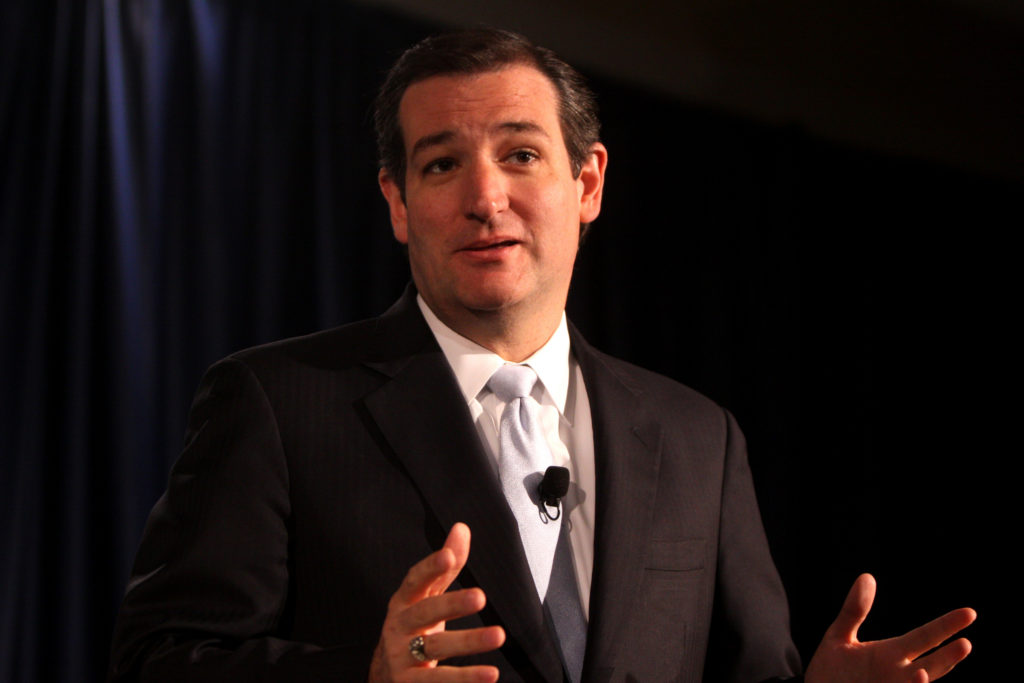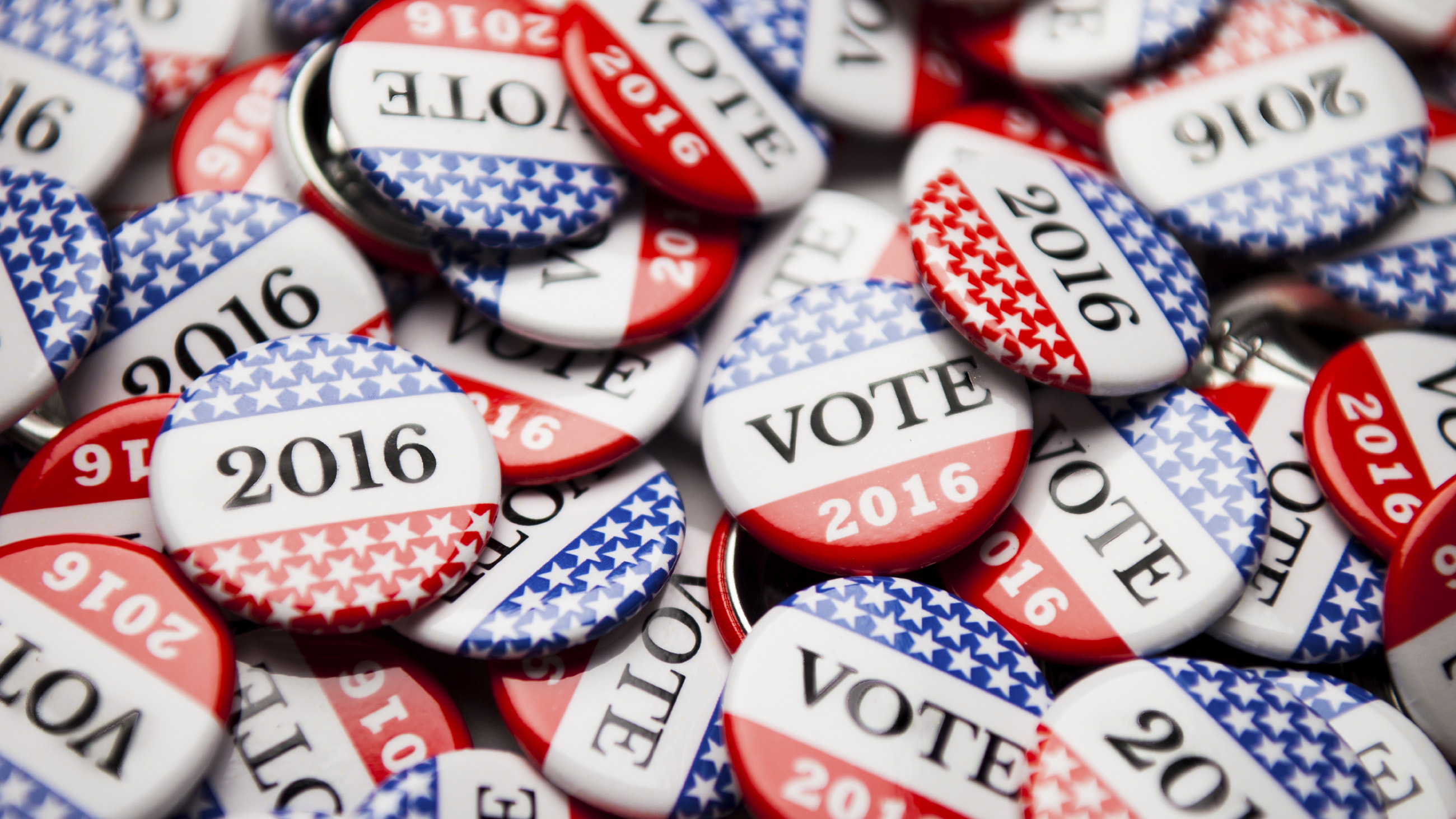GOP Voters Warm to Climate Change
Climate science-bashing rhetoric is still alive in the Republican Party. Presumptive GOP presidential nominee Donald Trump has called climate change a Chinese-invented hoax, drawing the mockery of likely Democratic nominee Hillary Clinton on Sunday. Ted Cruz, who ended his campaign last week, has equated climate change with pseudoscience and similar comments from other Republicans including Rick Santorum and James Inhofe abound.

In a survey published last week, only 38 percent of Cruz supporters said they believed in climate change, the lowest for all of the Republican candidates. (Visual by Gage Skidmore/Flickr)
But what about GOP voters? As a whole, they skew toward climate doubt and rejection. But a deeper look within the Republican Party yields a more nuanced — and evolving — picture that may hearten climate activists. Climate change rejection dominates only among the most conservative Republicans, and even their views may be changing.
A new survey from George Mason and Yale universities’ climate-communications programs showcases the ideological divide within the Republican party. When the authors broke down people’s climate-change views based on their preferred presidential primary candidate, Democratic voters were in harmony: More than 90 percent of Clinton supporters and backers of the more liberal Bernie Sanders, accepted climate change as real.
Republicans, meanwhile, were fractured. Only 38 percent of Cruz supporters — the most ideologically conservative candidate — accepted climate change as real. Compare that with 56 percent among supporters of Trump and 71 percent of supporters of the relatively moderate John Kasich.
A 2014 survey that instead broke down respondents’ views by ideology and party reached a similar conclusion. Whereas majorities of Democrats (88 percent), independents (59 percent) and non-conservative Republicans (61 percent) accepted climate change, only 28 percent of conservative Republicans did. Questions on humans’ role in global warming, respondents’ support for climate policies, and their global-warming concern level yielded a similar breakdown.
This conservative climate rejection has undoubtedly stalled congressional action on climate change, but things are getting better. Another Yale/GMU survey found that climate change acceptance rose by 7 points with the general public since 2014. Increases occurred among all ideological and partisan groups, but the biggest increase occurred among conservative Republicans — a 19-point rise to 47 percent.
So what’s driving this change? The Yale and GMU scholars credit Pope Francis, who might have swayed otherwise dismissive conservative and evangelical voters, along with media coverage of the Paris climate agreement and newly shattered temperature records. The increasing population of minorities and millennials, who are more accepting of climate change than the general population, may also be contributing to the shift.
Washington Post reporter Chris Mooney argued that 2016 may be the first election in which climate change matters. Still, he says there’s reason to be skeptical. Even as more Americans say they’re worried about climate change, they still rank it as a low policy priority. And despite which way voters lean, the striking absence of climate change from discussions on the campaign trail thus far doesn’t bode well for those who believe swifter political action is needed from all nations.











Comments are automatically closed one year after article publication. Archived comments are below.
ok, well lets hope they speed up .. their wake up is quite late. they need to put their investments in clean energy fast. else it will be a huge or even irreverible problem to solve for the warming wont stop , it will rather escalate unlinearly due to chain reactions and feedback loops .